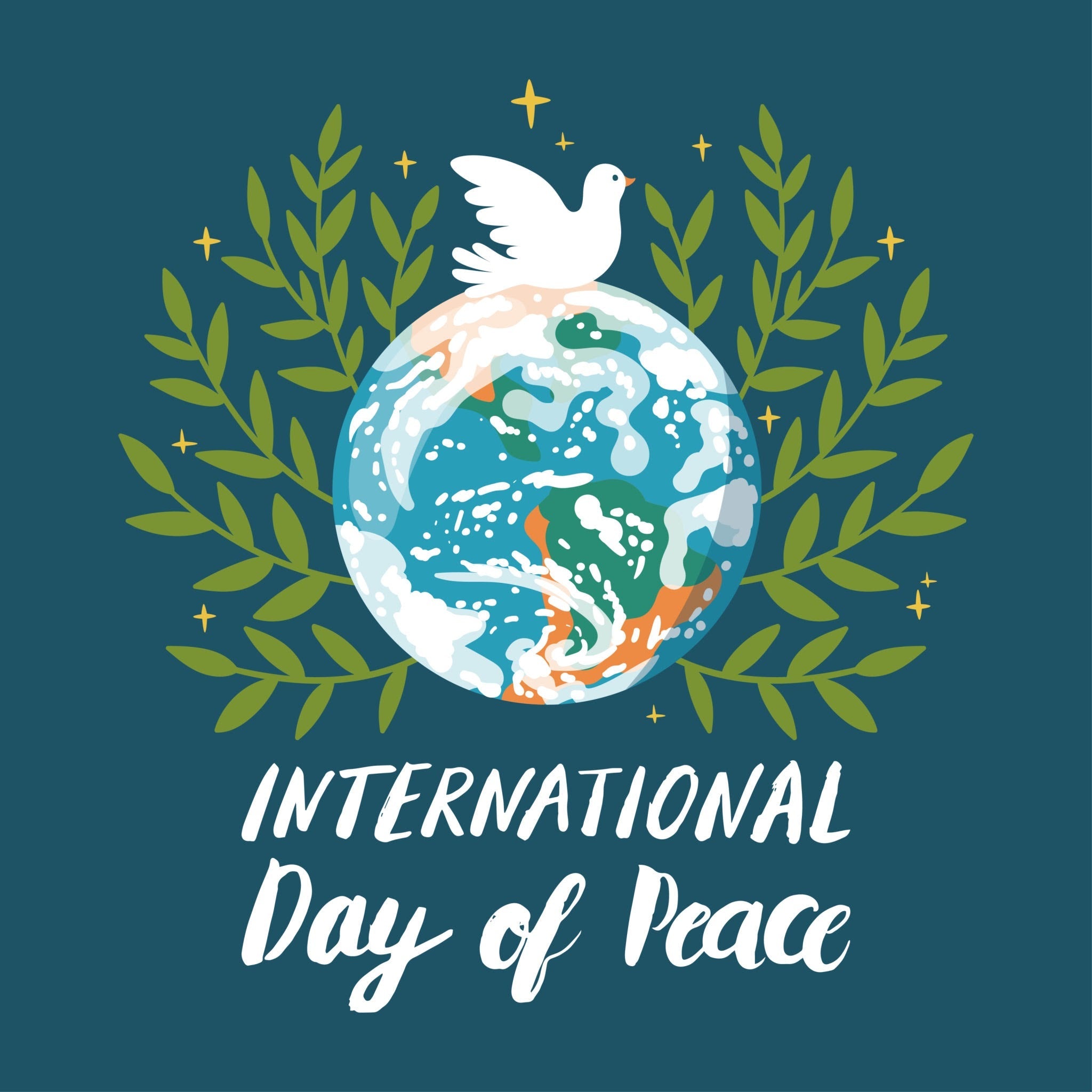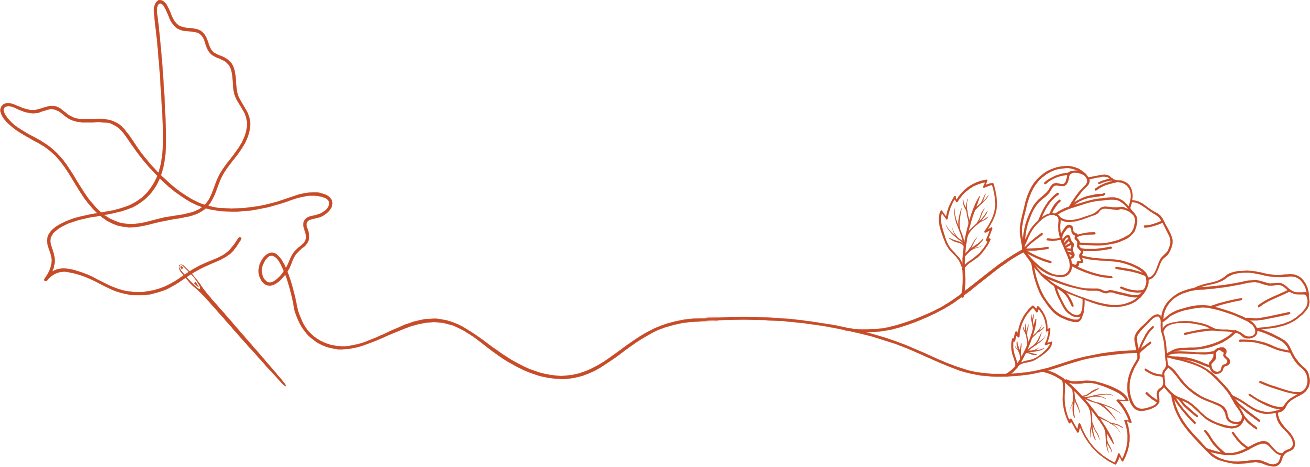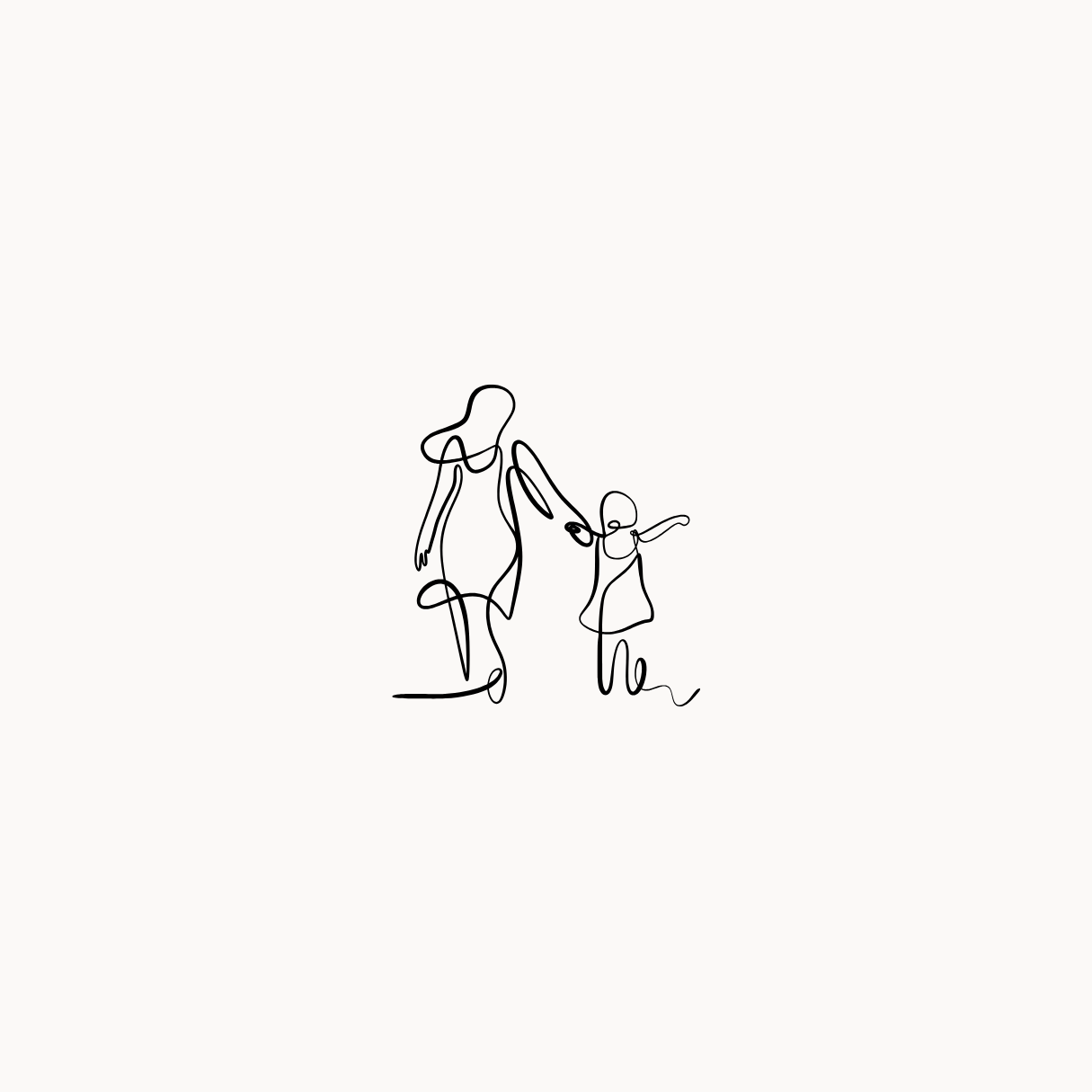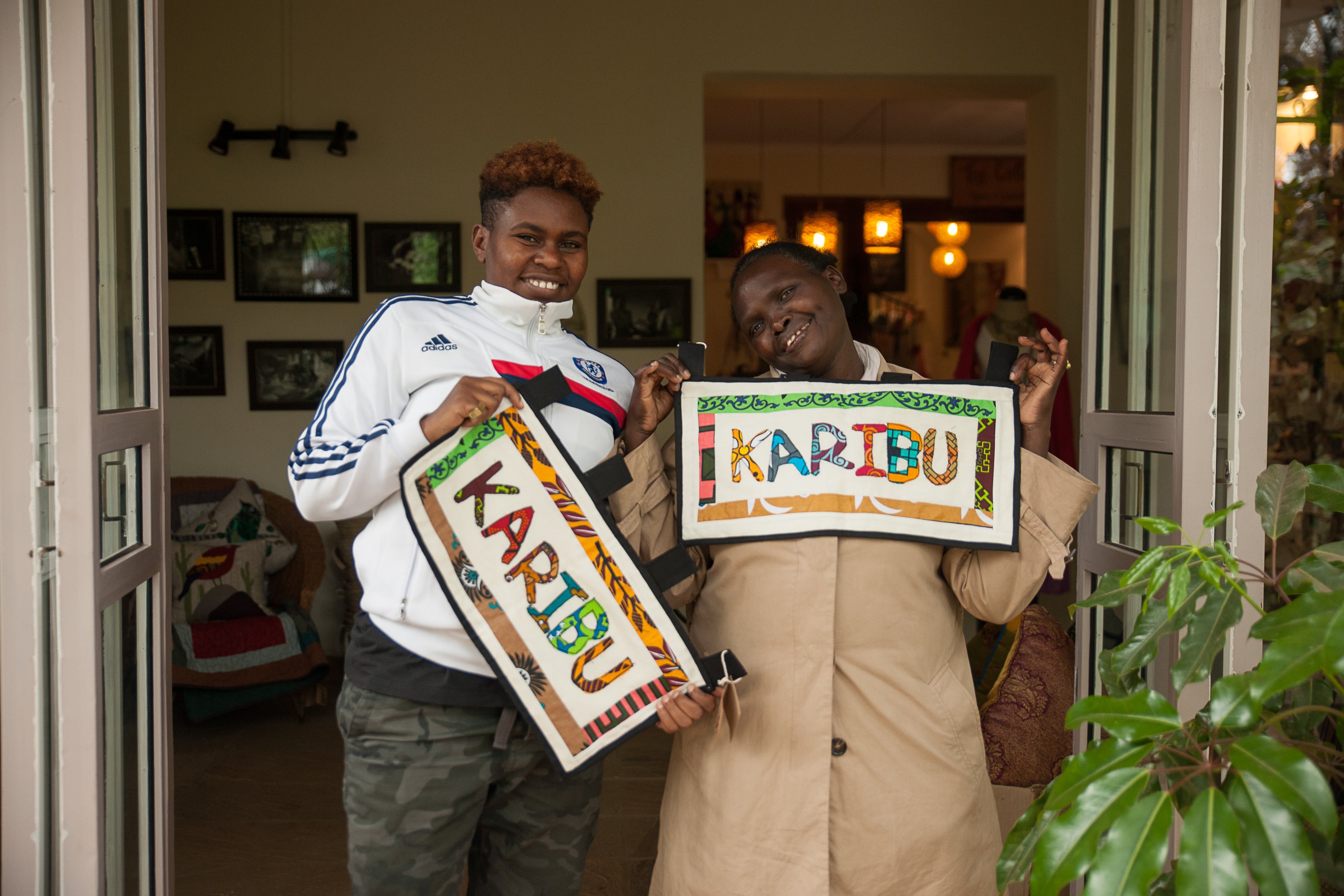An Interview with Mama Rahab
Last year, Amani ya Juu shared the story of an extraordinary young woman and entrepreneur named Rahab. Behind women like Rahab, there are often incredible mothers. Today we invite you to meet her mother, Elizabeth.
“Did you know I live in a slum?” Elizabeth asks politely. “At night, it isn’t safe, but during the day it is good.” Elizabeth, or Mama Rahab, is a widow, mother and grandmother in Nairobi, Kenya. Kenyan women often go by the title “Mama” followed by the name of their oldest child. Mama Rahab came to Amani Kenya about 8 years ago. “When I came to Amani I was very desperate,” she explains. The slum where she had been living with her daughter and granddaughter had burned down. “Everything was burned. I had nothing.” A friend had introduced Rahab to Amani ya Juu, and when they learned of the situation, they invited both mother and daughter to learn to stitch. “I was suffering inside. I had no job, I was trying to put myself together. I didn’t think there was anyone suffering more than me.” But then, she met other ladies at Amani who had also faced major obstacles. Many had fled their homes as refugees. “I came to know that they had lost everything. Their homes, their families, their money, their health.” That’s when things started to change for Elizabeth. “The first day I came---the healing started there.” She learned to find peace. She found a small voice of confidence within her, and for the first time in her life, it began to flourish. Before she came to Amani, she said she was shy and unable to express herself. “Now, I can speak about myself!”
Today, she runs the distribution floor at Amani Kenya. Each morning, the seamstresses stop by to see Elizabeth so they can gather the materials they will use on their projects for the day. She offers more than just zippers and kitenge (fabric)---she showers co-workers with hugs, conversation, and often the question: “How can I pray for you?”. At Amani, Elizabeth has discovered peace. An unknown author offers the following definition of the word:
“Peace. It does not mean to be in a place where there is no noise, trouble or hard work. It means to be in the midst of those things and still be calm in your heart.”
Elizabeth is a prime example. Like the rest of us, she struggles---she is still living in a place that isn’t always safe, she is still widowed, and she still makes the long trek to Amani Kenya each day to work---but she has a deep, resonating peace that ripples out to those around her. Elizabeth is forever expressing gratitude to those who support Amani ya Juu. When asked what she would say to the many customers, volunteers, and donors who keep Amani running, she said: “The first thing---I would like to thank them so much. They are doing something very big. They are helping very needy people, like me. I was in very big need. For the ladies who have come far (refugees), Amani has given them hope. Amani is something very unique. We are taught so many skills. The more they buy, the more we work, and the more we can support our lives!”






Leave a comment
This site is protected by hCaptcha and the hCaptcha Privacy Policy and Terms of Service apply.